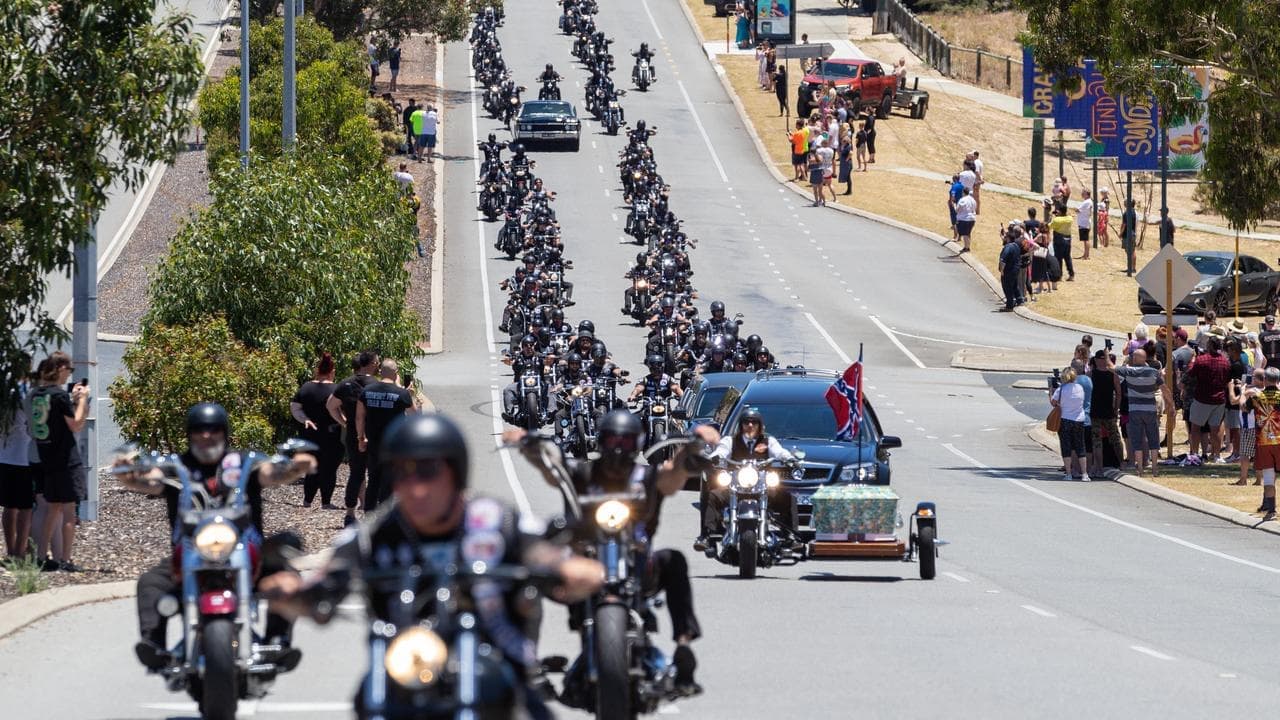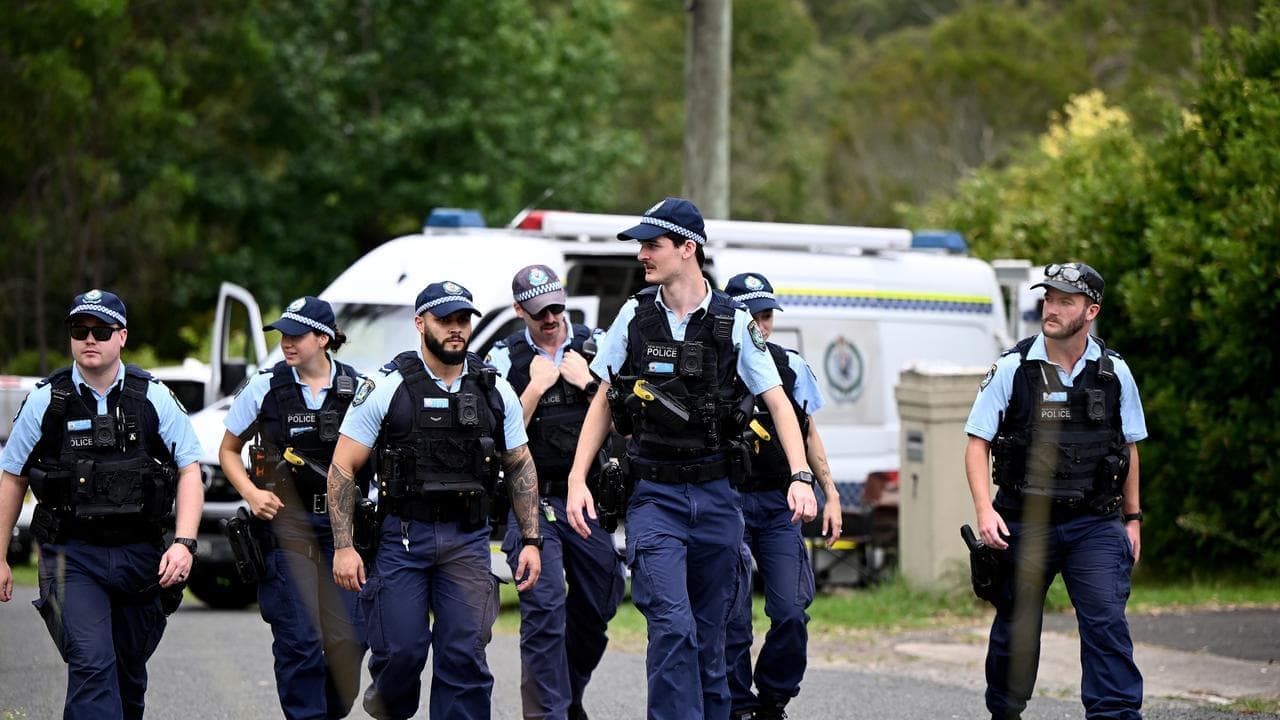WHAT WAS CLAIMED
New legislation in Western Australia is linked to the proposed voice to parliament and will outlaw land-based activities on private property without Aboriginal approval.
OUR VERDICT
False. The legislation is not linked to the voice and does not outlaw activities on private land.
Social media users are claiming any disruption of land on private property in Western Australia needs "Aboriginal approval" under a new law.
Various posts claim everything from weeding your backyard to installing a pool or even burying a dead pet will require sign-off.
The law, which took effect on July 1, is also being linked to the proposed Indigenous voice to parliament, with claims that land use restrictions will be rolled out across Australia if the 'yes' vote succeeds in the upcoming referendum.
The claims, which relate to WA's Aboriginal Cultural Heritage Act, are false. Approval is only required when there is potential damage to Aboriginal heritage and it is not required at all on properties smaller than 1100 square metres. Additionally, it is unrelated to the proposed voice to parliament.

The law was passed in 2021 after mining giant Rio Tinto destroyed ancient Indigenous rock shelters in the Juukan Gorge in 2020.
The state government in April released guidelines on the law, which took effect on July 1.
In short, the act seeks to protect Aboriginal cultural heritage. If there is a potential risk of damage, then landowners are required to perform a due diligence assessment.
The legislation has been hotly debated in recent months with many farmers concerned about the cost of complying. The WA Pastoralists and Graziers Association gathered nearly 30,000 signatures calling for the legislation to be delayed.
The state opposition also backed calls for a delay, with criticism coming from senior Liberal figures in Canberra.
The changes have also come under fire from some Indigenous groups, with fears the legislation will not assist in protecting cultural heritage.

The many strong opinions aside, several statements of fact are being made that have no basis in the truth.
One of the most common claims is that all activity on private land will now need prior approval from Indigenous people.
This Facebook post (archived here) claims the act "prevents any land based activity on private land, without Aboriginal permission. All land is treated as if it has native title. A farmer needs a permit to dig a hole for a fr****** fence post."
This is false. The government has confirmed that properties under 1100 square metres, and many activities, are exempt.
Claims that homeowners will be banned from gardening, pruning roses, installing swimming pools or burying pets in their yards, growing carrots, and building garages without Indigenous permission are also false.
The state government has confirmed that common home and garden activities and maintenance are exempt from the new rules.
Much of the misinformation relates to farming, including claims the law will "stop farming dead in its tracks" and prevent them from replacing fences or ploughing fields.

However, WA Department of Planning, Lands and Heritage director-general Anthony Kannis confirmed that's incorrect because like-for-like farming activities are also exempt.
"A farmer replacing an existing fence or running livestock on an established farm will not require approval," Mr Kannis told ABC Radio on June 21.
"If there's farming operations on it and a fence is going in, the person can put the fence in without that approval."
WA Aboriginal Affairs Minister Tony Buti has said that existing mining operations and infrastructure maintenance can also proceed without approval.
The responsibility to check for any cultural heritage rests with the landowner.

Depending on the site and the activity planned, they need to obtain a permit or a management plan. There will be a $100 administrative fee for permits, with that cost rising with the scale of the activity.
Failing to comply with the rules and damaging cultural heritage could result in a range of penalties, including prison and fines ranging up to $10 million.
Some users have also incorrectly linked the WA law with the proposed Indigenous voice to the federal parliament.
The law has been described as a "treaty" along with claims the WA rules will be rolled out across Australia if the 'yes' vote succeeds in the voice referendum, examples here and here.
These claims are false. The WA legislation is not a treaty and it has no connection to the proposed national Indigenous advisory body.
The wording of the proposed constitutional amendment states that the voice would be able to "make representations" to parliament and the executive on issues relating to Aboriginal and Torres Strait Islanders.

The advisory body will not have any power to pass or enforce any laws, let alone the laws of one state at a federal level.
Further posts have claimed the WA law is a state version of the proposed federal voice, but the comparison is also inaccurate.
WA does not have an Indigenous body advising parliament. South Australia is the only state to have passed laws to set up a voice to parliament.
The Verdict
The claim that new legislation in Western Australia is linked to the proposed voice to parliament and will outlaw land-based activities on private property without Aboriginal approval is false.
The law only covers some activities on larger properties, with most like-for-like activities and properties smaller than 1100 square metres exempt from the new rules.
It also has no link to the proposed Indigenous voice to parliament, which would be a national advisory body with no power to enact or enforce laws.
False – The claim is inaccurate.
AAP FactCheck is an accredited member of the International Fact-Checking Network. To keep up with our latest fact checks, follow us on Facebook, Twitter and Instagram.












